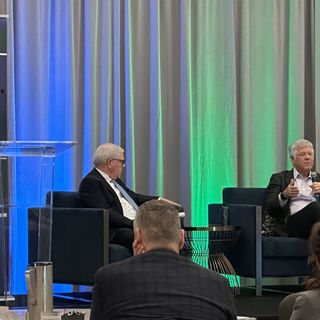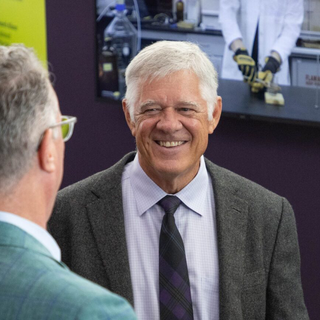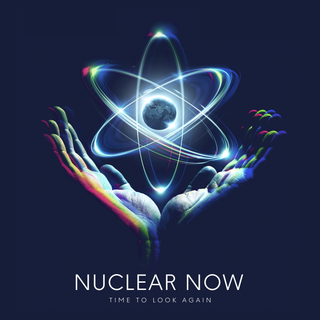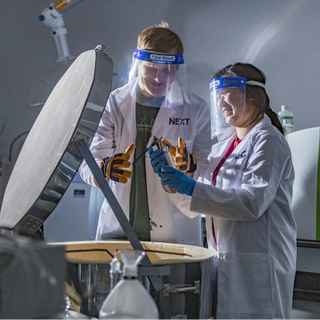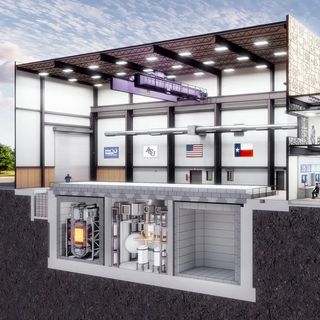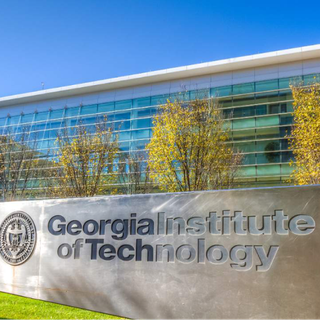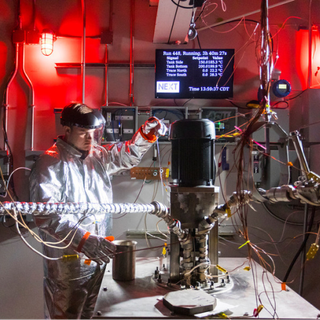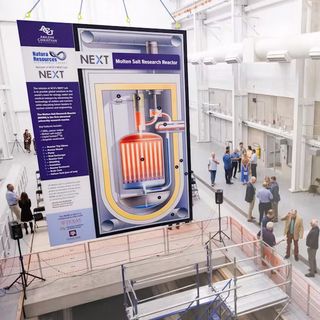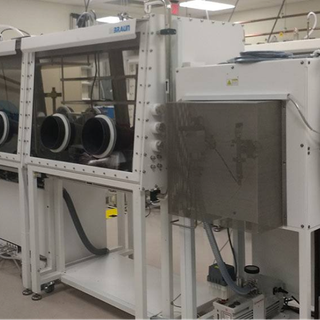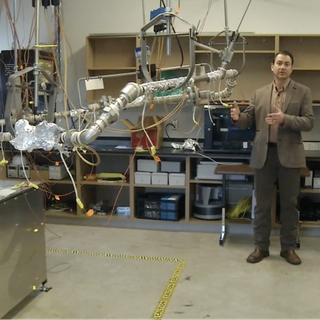U.S. Senator John Cornyn joined Natura Resources and Abilene city leaders Tuesday for a tour of the Nuclear Energy eXperimental Testing (NEXT) lab at Abilene Christian University (ACU). While he has long supported the program, this was the Senator’s first time getting an in-person look at operations, an opportunity he says was both enlightening and inspiring.

“The work being done here is nothing short of groundbreaking. I think y’all are on the cusp of making some incredible discoveries in energy, water, and medicine,” Cornyn said.
Cornyn praised the ongoing research projects, such as eliminating wasted fuel in the nuclear energy process, the promise of more manageable clean-up in the event of a spill compared to traditional nuclear cooling methods, and even medical developments such as the production of rare isotopes that show potential to cure cancer.
“Perhaps the most exciting thing is that this is happening right here at Abilene Christian University right here in Abilene, Texas,” said Cornyn.

This tour also helped to galvanize the relationship between the university and lawmakers like Cornyn, which ACU President Dr. Phil Schubert said is necessary to provide the program with vital resources to continue its research, such as uranium and molten salt.
“You can’t go out and buy uranium on eBay, so (Cornyn’s) help and the help of others in Washington will be necessary to ensure those pathways are clear,” Schubert told KTAB/KRBC.
After seeing the program’s benefits and potential, Cornyn said he is happy to back the NEXT lab in legislative matters and facilitate the supply of resources from federal lab reserves.
“We know where it is; We gotta make sure that Abilene Christian’s name is put on it for this project,” Cornyn said.

He later explained that he is a firm believer in the co-existence of renewable and non-renewable energies to complement one another while also acknowledging that fields like nuclear energy require further development to play a larger role in future energy production.
“There will come a time when we will depend more and more on things like safe nuclear power and less and less on things like natural gas. Something that is critical today, but it will not always be that way, and we need to prepare for the future,” Cornyn said.

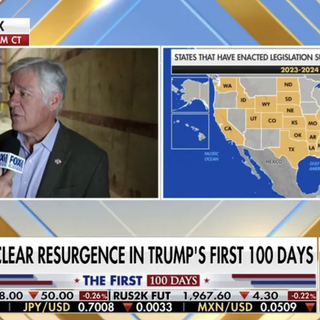
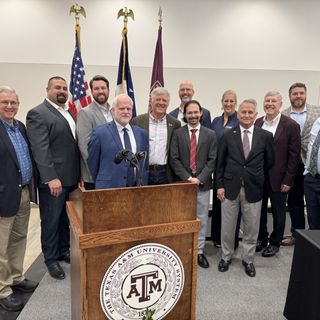

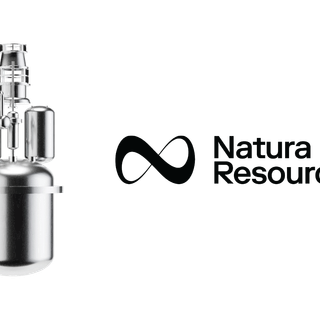
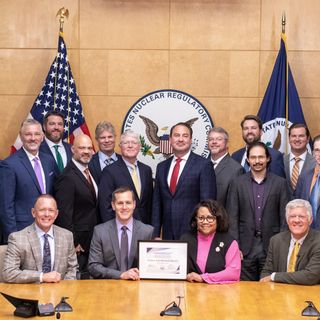
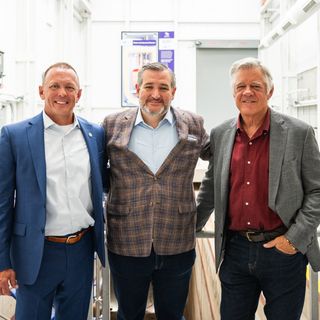
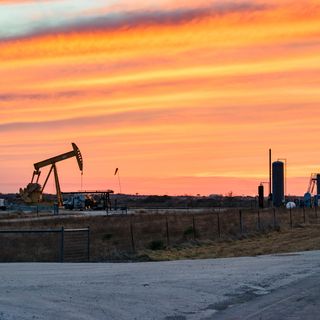
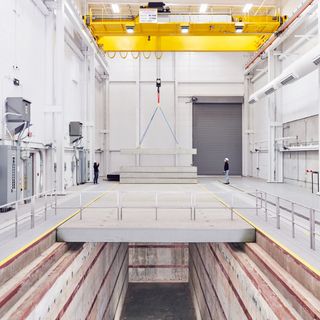
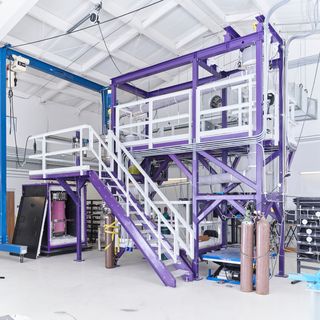
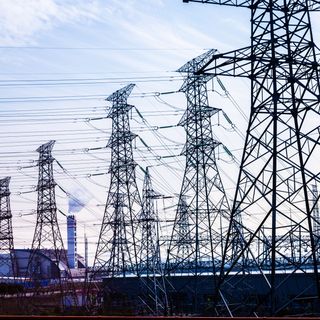
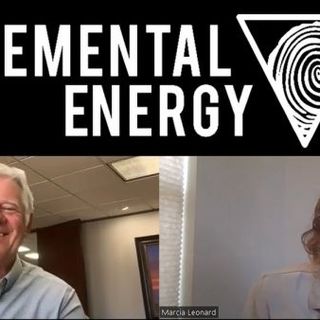
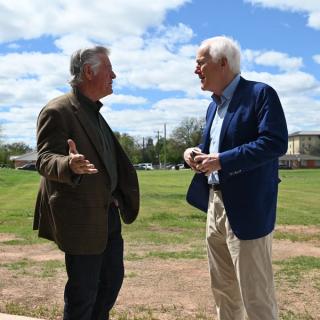
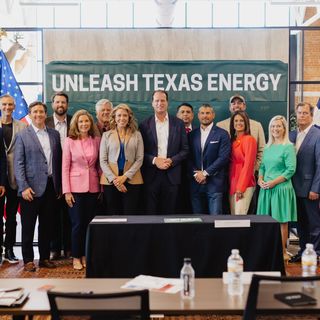
%20Dr.%20Phil%20Schubert_John%20Zachry_Douglass%20Robison_Dr.%20Rusty%20Towell.jpg?rect=49,0,1269,1269&w=320&h=320&fit=min&auto=format)
